On Soul Lounge as a safe space
Written by Chris Best
I’ve been involved with Soul Lounge since 2019. For three years, I was the host and co-facilitator next to Matcho Cassidy, who was entrusted with running it by Manal Younus. From my position, I watched Soul Lounge grow, both in size and in quality. I watched it change month by month as new faces took the stage and as others moved on to other places. Through the trials and tribulations associated with funding, venues, event planning and internal conflicts, I formed a strong attachment to the space and the people in it.
Along the way, I developed my own vision for its potential future. I maintain that Soul Lounge is to be kept as a space that elevates, cultivates, supports, and protects every artist that takes the stage, with an unapologetic bias towards artists of colour. This is done by providing a space for individuals to take the stage and use each other as the representation that they need. Representation that isn’t easily accessed in other local artistic spaces. By supporting individuals to express themselves, outgrow themselves, and share as much of themselves as they are able to, participants simultaneously are able to become and follow the example that they can’t find anywhere else. Soul Lounge is pro-failure. We invite people to come and try. We rally around them for the attempt.
We’re living in an era of heightened cultural sensitivity. People are interested in learning what it takes to relate to one another safely. Soul Lounge is intended to be a place where people are encouraged to cultivate that sensitivity by seeking to understand one another. It is a place for people to talk about the human parts of society that society wants us to leave at home. My vision for Soul Lounge sees importance placed on real people and collective good.
One admittedly ambitious goal that I find myself struggling to achieve is to effectively address the perception of Soul Lounge as a space that is somehow anti-white. I can understand why this perception exists. I believe the main conflict concerning the public’s issues with the idea of a “safe space for people of colour” comes down to the words. The intent of both of these terms is to evoke feelings of unity and solidarity among specific communities. While the terms succeed at that to some degree, they also cast a divisive shadow.
It’s my belief that the issue isn’t the terms themselves. Most people will agree that there’s nothing objectively wrong with places or safety or people or colour. The problem isn’t just about race nor is it, necessarily, just about discrimination or exclusion. I believe the root of the issue lies among the implications associated with the term “safe space”. People who aren’t allowed in a “safe space” must be, by virtue of being excluded, unsafe. To deem someone or something unsafe is to deem it dangerous. Harmful. Threatening. When people hear of a dangerous person they’re likely to imagine someone who is violent, aggressive or otherwise overtly malevolent. An intentionally mean spirited person. Therefore, when someone creates a safe space, everyone that is excluded from that safe space is confronted with the idea that “I am unwelcome in this space because I am somehow dangerous to the people in it”. Most sensible people have trouble self-identifying as dangerous and will feel confused, rejected, sad, or abandoned; emotions that can often present as anger, which is perfectly valid. Even though the term “safe space” refers to a much wider context, to some people it’s received as a personal attack. As a result, any avenue for education or collaboration that may have been possible is shut down.
The situation that’s been created is an argument between a group of people who want to feel safe and an opposing group of people who don’t believe they’re unsafe to be around. The conversations that follow these situations almost never end with mutual understanding, and that’s partially because one party is insulted and emotionally compromised before the conversation even begins. Politics, race, and gender are then added to the conversation and then you’ve got polarity. When two people or groups are polarized it makes attempts of communication and reconciliation incredibly difficult. Us vs Them makes it easier for outside influences to manipulate people into accepting information about each other that isn’t necessarily true. Information that can be and has been used to stoke misplaced hatred, hatred that is then weaponised for the purpose of distraction, division, and control.
Soul Lounge is intended to be a remedy to that manipulation, should people choose to use it that way. There are members of Soul Lounge who approach the mic and speak openly about their negative experiences with white people. There are members who approach the mic and speak openly about their negative experiences with men. There are no limits to what people are allowed to express, but there is no room for targeted hate of any kind. Participants speak freely because they are welcome to. And so are you. Come as you are. Listen. Participate. We’re celebrating colour with a strong lean to darker shades, and if you’re onboard with that, you’re welcome here.
Soul Lounge is a lot of things: a hub for creative expression, a gathering place for like minded people, a monthly rest stop for weary artists to reconnect with their passions. Above all else, Soul Lounge is evidence that peace of mind can exist in any space where people are willing to make room for it.
Soul Lounge takes place on Kaurna Yerta on the last Sunday evening of the month.

